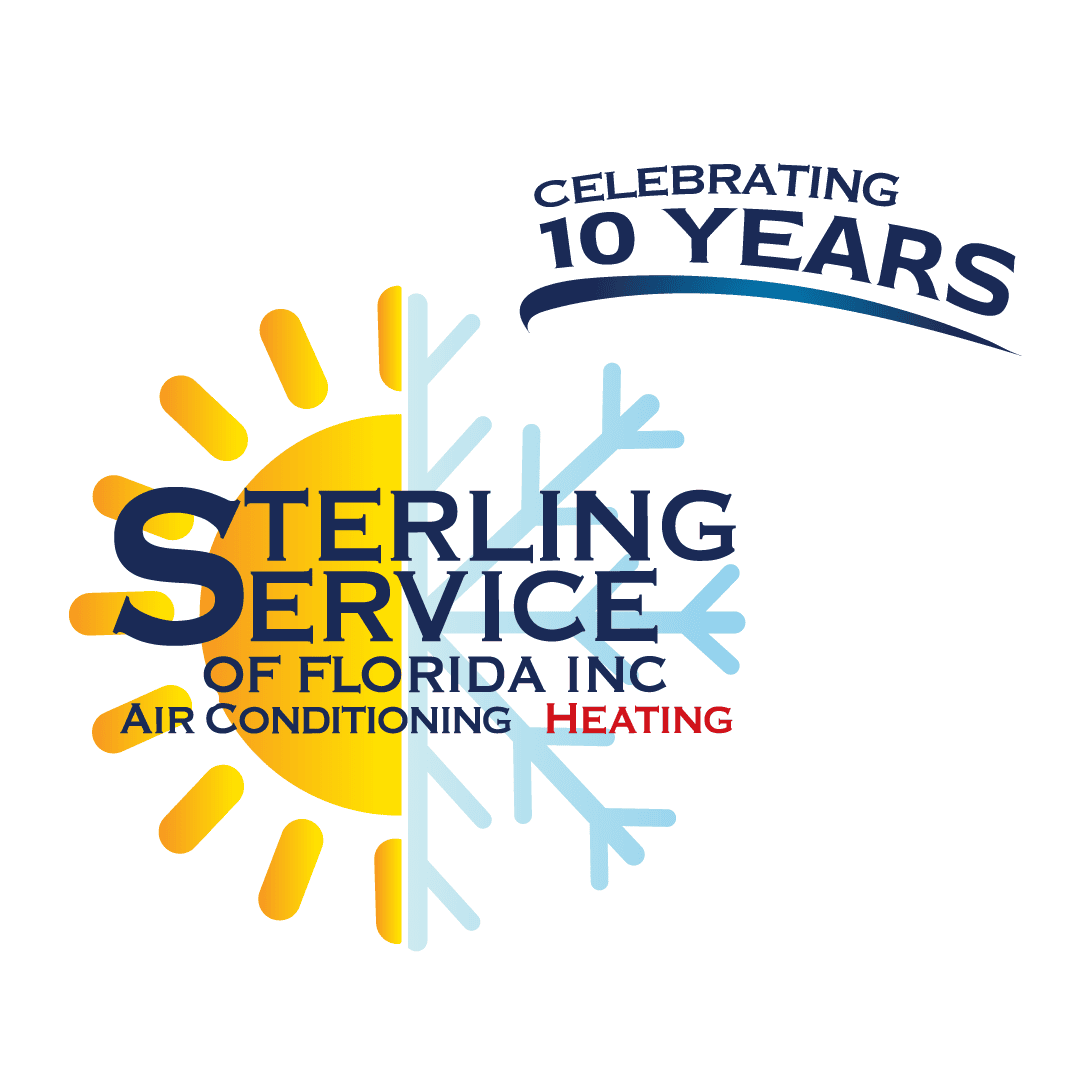HVAC Frequently Asked Questions
Below are some of the most frequently asked questions.
Depending on the type of filters it's generally recommended to change your HVAC filters every 1-3 months. Homes with pets, smokers, or high dust levels may require more frequent changes. Let us recommend a changing sequence for your home and unit.
Regular maintenance is crucial for optimal performance. It's advisable to schedule professional HVAC maintenance with us twice a year, typically in the spring and fall, to prepare for the heavy usage periods of summer and winter.
The appropriate size of an HVAC unit depends on various factors, including the size of your home, insulation quality, and the number of rooms.
Enhancing energy efficiency can be achieved through several measures:
- Regular maintenance to ensure the system operates efficiently.
- Installing programmable or smart thermostats to optimize
temperature settings. - Ensuring proper insulation and sealing of windows and doors to
prevent air leaks. - Upgrading to energy-efficient HVAC equipment when necessary.
The average lifespan of an HVAC system ranges from 14 to 16 years. Regular maintenance can help extend this lifespan, while neglect or heavy usage may shorten it.
Several factors can contribute to increased energy bills:
- An HVAC unit running longer due to lack of maintenance or
decreased efficiency. - Dirty or clogged air filters causing the system to work harder.
- Leaks in ductwork leading to loss of conditioned air.
- Thermostat settings that are too extreme, causing the system to
operate continuously.
Improving indoor air quality involves several steps:
- Regularly changing air filters to ensure clean air circulation.
- Using air purifiers to remove contaminants.
- Ensuring proper ventilation to allow fresh air exchange.
- Keeping living spaces clean and free from dust and allergens
A programmable thermostat allows you to set different temperatures for various times of the day and days of the week. This enables better energy management by reducing heating or cooling when it's not needed, leading to potential cost savings on energy bills.
Uneven temperatures can result from:
- Lack of proper airflow to the room.
- Insufficient insulation in walls or ceilings.
- Windows not properly sealed, allowing drafts.
- Blocked or closed vents restricting air distribution.
- Improper design of ductwork.
Addressing these issues can help achieve a more consistent temperature throughout your home.
Indicators that it might be time to replace your HVAC system include:
- The system is over 14-16 years old.
- Frequent breakdowns requiring costly HVAC repairs.
- Increased energy bills despite regular maintenance.
- Uneven heating or cooling in different areas of your home.
- The system uses outdated refrigerants that are being phased out.
